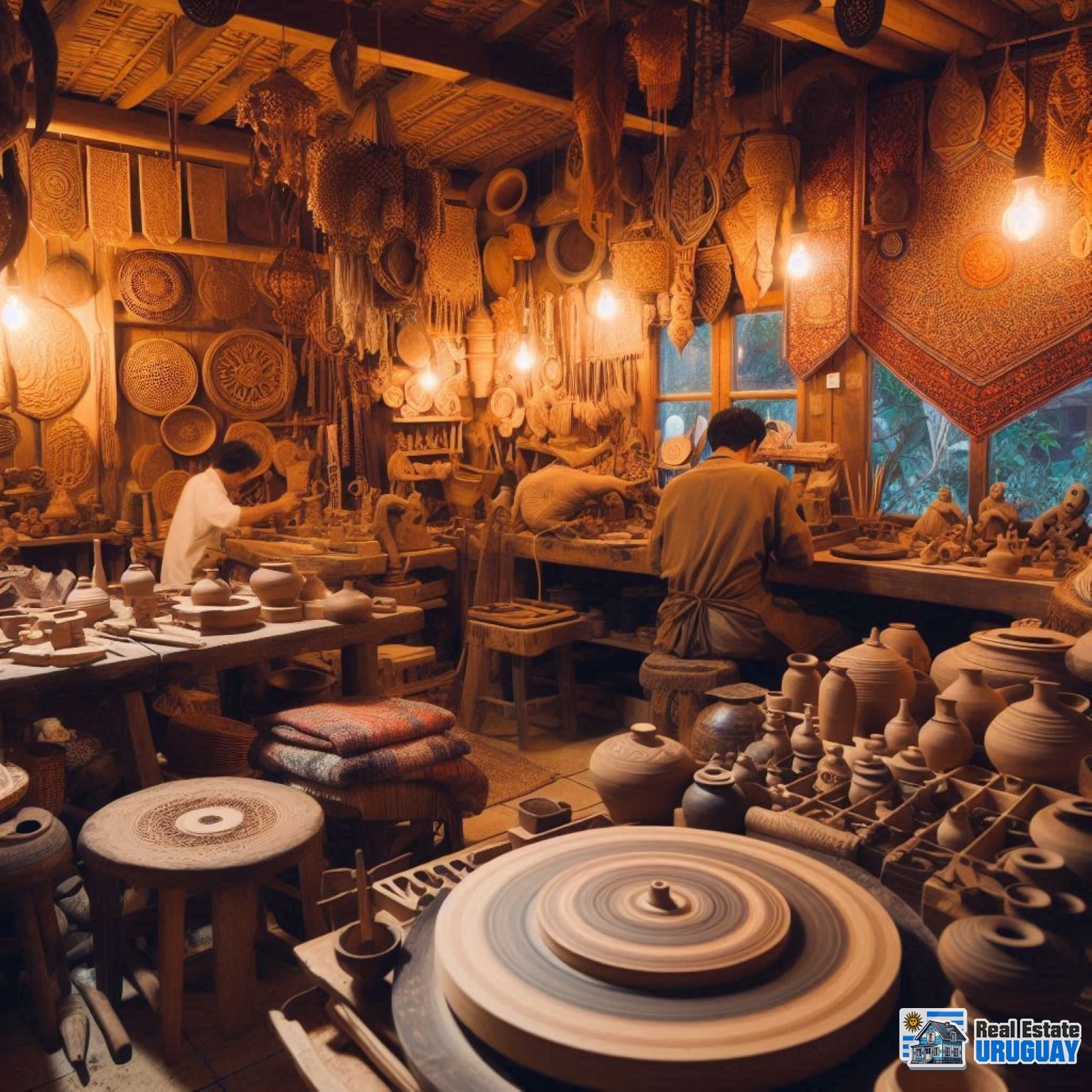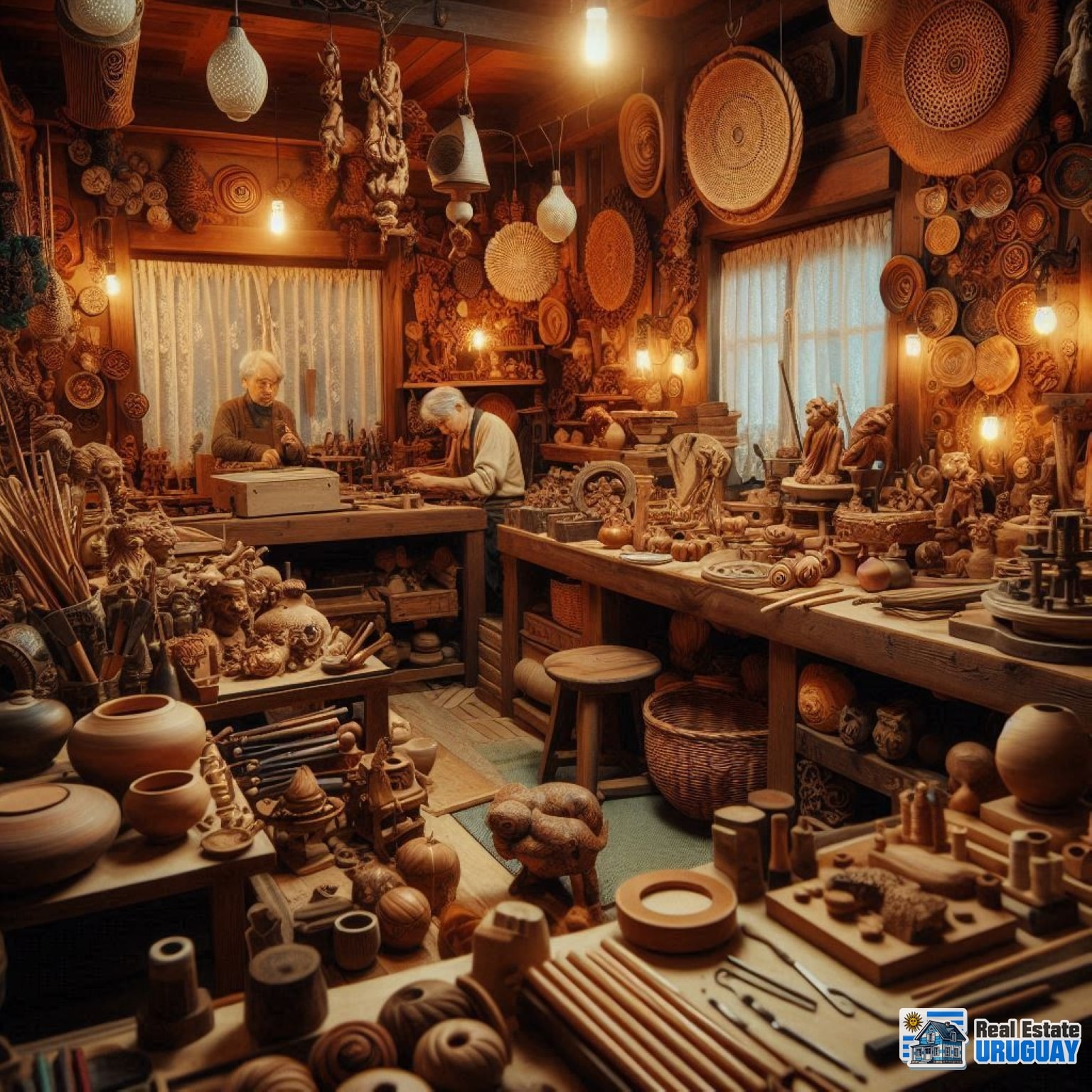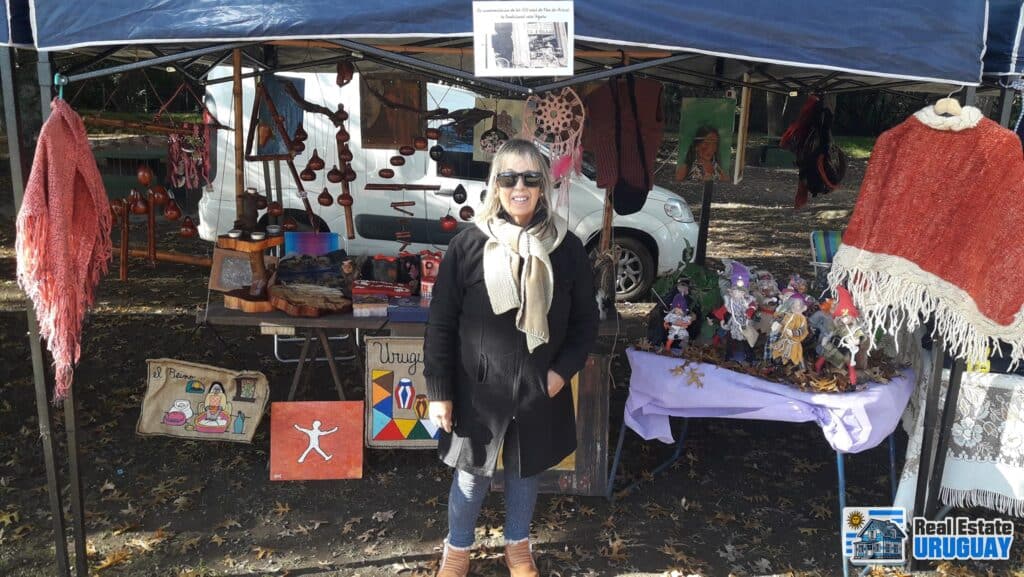In the world of craftsmanship, where skill, creativity and dedication intersect, each handcrafted item tells a unique story. Artisans form the backbone of the creative industries, meticulously designing and crafting products that stand out for their quality and individuality. Their craft requires specialised skills, unwavering attention to detail and a knack for creatively solving complex problems. With the growing demand for handcrafted, sustainable goods, artisans now have expanding opportunities in a variety of sectors. How can aspiring artisans navigate the intricacies of mastering their craft while embracing these new prospects?
Craftsmanship embodies a blend of skill, creativity and passion, where every stroke of the tool or brush tells a story of dedication and artistry. Artisans, with their keen eye for detail and hands that breathe life into raw materials, shape the narrative of the handmade revolution. As they hone their techniques and refine their artistic vision, artisans are carving out a niche for themselves in a market hungry for authenticity and craftsmanship.
An artisan’s journey is like a symphony, with each piece they create adding a new note to the melody of their craft. From mastering traditional techniques to experimenting with innovative designs, artisans are constantly evolving and adapting to stay relevant in a dynamic marketplace. Embracing challenges as opportunities for growth, they push the boundaries of creativity and craftsmanship, setting new standards of excellence in the artisan world.
As the craft landscape continues to evolve, emerging artisans find themselves at the crossroads of tradition and innovation. By learning from experienced mentors and seeking inspiration from diverse sources, they can enrich their craft and broaden their perspectives. By embracing collaboration and community support, artisans can thrive in a competitive marketplace where mutual encouragement and shared knowledge pave the way for collective success.
In a world where mass production often overshadows the beauty of handcrafted creations, artisans stand as torchbearers of authenticity and artistry. Each piece they create is a testament to their dedication, skill and unwavering commitment to excellence. Navigating the ever-changing landscape of the creative industry, Artisans embody the spirit of innovation and tradition, shaping the future of craftsmanship with every creation they bring to life.
Key roles of an Artisan
The main role of an artisan is to create, produce, transform, repair and restore a wide range of artistic and non-food consumer goods, all of which require the careful touch of human hands at every stage. Each handcrafted item is a testament to the craftsman’s skill and imagination, as he meticulously applies traditional techniques to ensure a unique creation. Unlike mass-produced goods, artisans oversee and manage every stage of production, guaranteeing both quality and uniqueness in every piece they create. This hands-on approach demonstrates their commitment to precision and excellence, and often requires a deep understanding of materials and tools.

The end result of an artisan’s labour is not just a functional object, but a piece of cultural and aesthetic significance, bearing the mark of the artisan’s mastery and passion for their craft. This dedication shines through in the final product, highlighting the irreplaceable value of handcrafted goods in today’s marketplace. Each handcrafted item tells a story of skill and dedication, enriching the lives of those who appreciate the artistry and craftsmanship behind it.
Becoming an Artisan
Becoming an artisan involves a blend of specialised training, hands-on experience and a deep understanding of both traditional and modern craft techniques. Artisan apprenticeships play a crucial role in this journey, providing a structured framework for developing skills under the guidance of experienced craftspeople. This hands-on training is essential for mastering intricate techniques and refining your craft. Immersing oneself in the artisan community also adds immense value, providing opportunities for collaboration, feedback and continuous learning.
Aspiring artisans are encouraged to explore a wide range of historical methods and contemporary innovations to cultivate a versatile skill set. This exploration ensures that artisans are well equipped to adapt to the various challenges and demands of the craft. The path to becoming an Artisan requires dedication and perseverance, but the journey is immensely fulfilling as it leads to the creation of unique, high quality artisan products.
Artisan Certification
Becoming a certified artisan is like getting a stamp of approval for your hard work and dedication. It’s a way to show the world that your skills and products are first class and meet the highest standards. The process involves a deep dive into your techniques, materials and final creations, often requiring proof of your training and experience. Sure, it might feel like a bit of a paperwork marathon, but the end result is well worth it.
Once you have this certification in hand, it’s like a golden ticket to credibility and trust with your clients. It’s a clear signal that you’re the real deal, setting you apart from the crowd of hobbyists out there. What’s more, it helps to ensure the authenticity of your handcrafted goods, making sure they’re the real deal.
Managing this certification process is key if you’re serious about your craft. It opens doors to exclusive markets and higher income opportunities, giving you a competitive edge in the artisan world. So while it may seem like a hassle at first, the benefits far outweigh the paperwork.
Essential skills and qualities
Having a solid grasp of essential skills and qualities is key for tradespeople to thrive in their field and stand out in a competitive marketplace. Understanding and complying with safety regulations is crucial to maintaining a safe working environment and ensuring high standards of production. Equally important is the ability to communicate effectively with customers, building trust and satisfaction that can lead to repeat business and referrals. Craftsmen must have a keen eye for detail, innovative thinking, creative ability and excellent manual dexterity. It’s also essential to have a thorough knowledge of materials, tools and the entire production process to excel at your craft. In addition, craftspeople should have a strong commitment to continuous learning and the flexibility to adapt to changing market demands in order to keep their work relevant and exceptional in a crowded industry.
Artisan Salary Insights
When considering a career as a craftsperson, it’s important to understand the financial landscape in order to make informed decisions and maximise your earnings. Salaries in this field vary greatly depending on an Artisan’s specialisation and current market conditions. For example, craftsmen specialising in leatherwork can earn between €6.29 and €14.49 per hour, illustrating the wide range of salaries within the industry. The growth of the sector also plays a key role, with niche areas often offering higher earning potential due to the demand for unique, premium products.

Market trends show that craftspeople who focus on exclusive design pieces tend to be more financially rewarded than those who cater to the mass market. Understanding these trends and factors is essential for artisans seeking financial success in this dynamic industry. Strategic career planning based on these insights can have a significant impact on an artisan’s earning potential and overall success.
Career paths
As artisans begin to explore the wide range of career pathways available to them, they will discover a world of opportunity spanning industries such as textiles, chemicals, metalworking, woodworking and graphic arts. Within these sectors, craftspeople can experience significant career growth and specialisation, whether in jewellery making, musical instrument making or toy making. Their unique skills in manual production and personalised craftsmanship enable them to develop niche markets and engage in exclusive design projects, opening doors to a wide range of professional opportunities.
The diversity of the craft industry not only allows for personal and professional development, but also offers stability and potential for growth in an ever-evolving marketplace. Craftspeople have the opportunity to excel in a variety of industries, using their creativity and expertise to ensure long-term career success. By immersing themselves in different sectors and taking on different projects, craftspeople can build a fulfilling and prosperous career path that matches their passions and skills.
Training and courses
To excel in the craft industry, it is essential to hone your skills through targeted training and specialised courses. Craft workshops provide hands-on experience that helps artisans hone their skills in a structured environment. These learning opportunities cover a wide range of topics, from traditional techniques to cutting-edge innovations, ensuring a well-rounded education for artisans. By attending these courses, craftspeople not only hone their technical skills, but also deepen their understanding of materials and tools, ultimately increasing their competitiveness and enabling them to create exceptional, personalised products.
Opportunities in different industries
Artisans have a wide range of opportunities in different industries, each offering different opportunities to showcase their specialist skills and creativity. The textile and fashion sectors, for example, provide fertile ground for those with a flair for innovative design and craftsmanship. Entrepreneurial endeavours offer promising prospects, allowing artisans to establish themselves in niche markets and provide tailor-made services. In addition, the global market trend signals a growing appreciation for handcrafted goods, leading to increased demand and greater exposure for artisans. Industries such as woodworking, jewellery and metalworking also thrive on craftsmanship, ensuring that craftspeople remain essential. By using their unique talents, artisans can explore and take advantage of the diverse opportunities these industries offer, enhancing both their careers and the marketplace.













